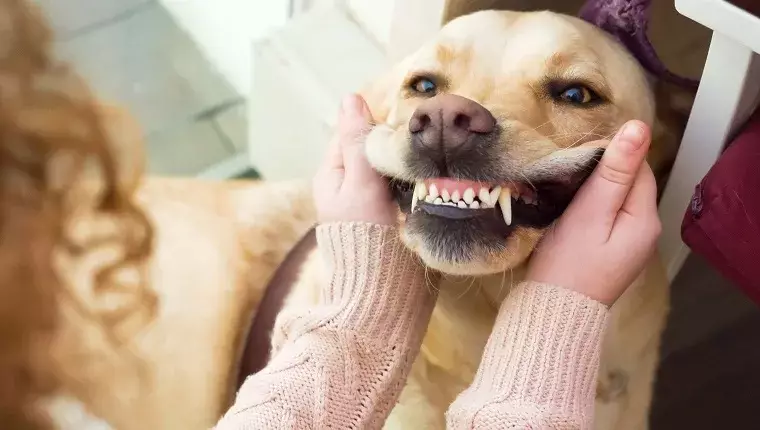As pet owners, we constantly seek ways to improve the lives of our furry companions, often focusing on their diets, exercise routines, and mental stimulation. However, one critical aspect frequently overlooked is dental health. Many animal owners assume that dental issues are merely cosmetic, but this perspective can be dangerously misleading. Without proper attention and care, the state of a pet’s oral health can lead to severe consequences that affect not only their well-being but also their overall quality of life.
Dental disease is alarmingly common among pets. Research from the American Veterinary Medical Association (AVMA) indicates that by the age of three, about 80% of dogs and 70% of cats have some degree of oral disease. This staggering statistic highlights how essential regular dental care is for maintaining the health of our beloved animals. Dental diseases can manifest through various signs, including red gums, yellowing teeth, and notably foul breath. Unfortunately, many pet owners may mistakenly dismiss these symptoms, attributing them to aging or simply the pet’s natural state. Ignoring these early warning signs can cause chronic pain and even complicate behavioral issues as pets struggle with discomfort.
In February, National Pet Dental Health Month serves as a reminder for pet owners to assess their animal’s dental health proactively. It encourages routine veterinary check-ups and ends the misconception that dental care can wait until a pet is older. This awareness campaign is a valuable opportunity to educate pet owners about the potential risks associated with untreated oral diseases.
When dental disease is allowed to develop unchecked, the implications extend beyond bad breath and yellow teeth. Infections stemming from oral diseases can spread to other parts of the body, leading to alarming complications such as organ damage. As Dr. Jeff Smith, former president of the California Veterinary Medical Association, stated, the risks are serious and often preventable through diligent oral care routines.
Symptoms indicative of poor dental health can include a pet’s reluctance to chew on hard food, signs of pain when touching the mouth, or even excessive drooling. The earliest signs of gum disease—swollen, red gums or visible tartar buildup—should never be overlooked. Timely intervention through dental cleanings and oral examinations can prevent the escalation of these issues into more severe health dilemmas.
The best strategy against dental disease in pets hinges on regular preventive care. Unfortunately, many pet owners fall short in one important area: routine tooth brushing. According to Dr. Brook A. Niemic, the president of the Academy of Veterinary Dentistry, only about 1% of pet owners engage in brushing their pets’ teeth regularly. Establishing a daily brushing routine can make a significant difference, effectively eliminating food debris and curbing the buildup of plaque that leads to tartar formation.
When brushing, it’s essential to use a soft-bristled toothbrush and toothpaste formulated specifically for pets—human toothpaste can be harmful. Regular brushing can significantly lower the likelihood of dental complications and improve the quality of life for your pet. Bear in mind that brushing is just one aspect of a comprehensive dental care strategy; plenty of options exist to support oral health transitions.
Diet plays a critical role in dental health that often goes unnoticed. Malnutrition can directly contribute to oral health problems. Pet owners should consult with veterinarians regarding their pets’ nutritional needs to ensure a balanced diet that also counters dental issues. Foods possessing the Veterinary Oral Health Council (VOHC) seal are typically beneficial for improving oral health.
Moreover, regular veterinary visits for professional cleanings—generally recommended once or twice a year—can tackle the accumulation of tartar that brushing may not fully address. During these visits, vets may require anesthesia to perform thorough cleanings, scaling, and polishing of the teeth to remove detrimental plaque buildup. Following such treatments, pet owners may also confront the necessity of tooth extractions if severe dental issues exist.
Investing in your pet’s dental health pays dividends. Recent studies suggest that maintaining good oral hygiene can extend a pet’s lifespan by as much as five years. That’s a significant incentive for pet owners to prioritize dental health alongside other essential elements of pet care.
National Pet Dental Health Month is an excellent opportunity to ramp up attention to your furry companions’ dental hygiene. Frequently evaluate their oral health, make brushing part of their daily regimen, consult with your veterinarian about necessary dental check-ups and professional cleanings, and focus on a nutritious diet. By taking these proactive steps, you can ensure that your pets lead healthier, happier lives.


Leave a Reply